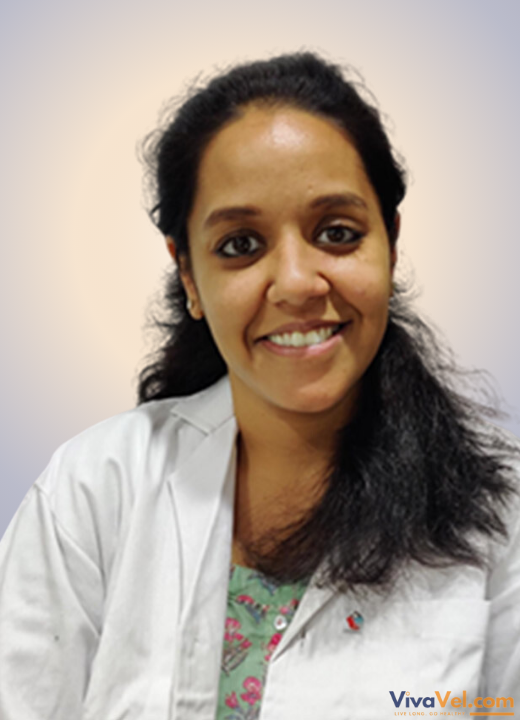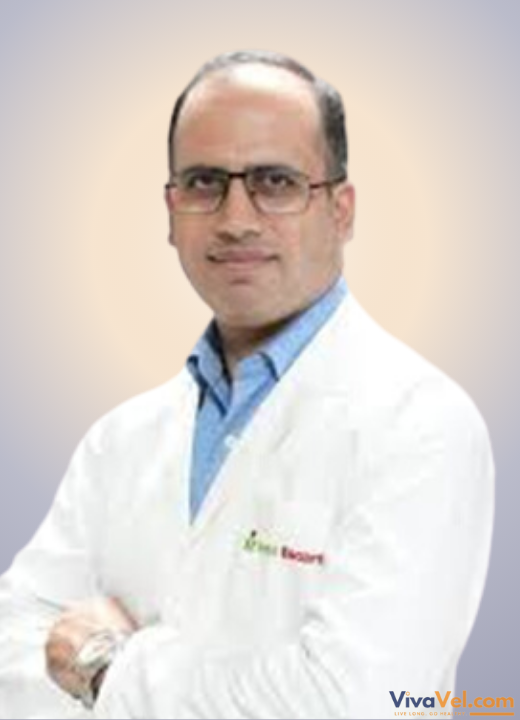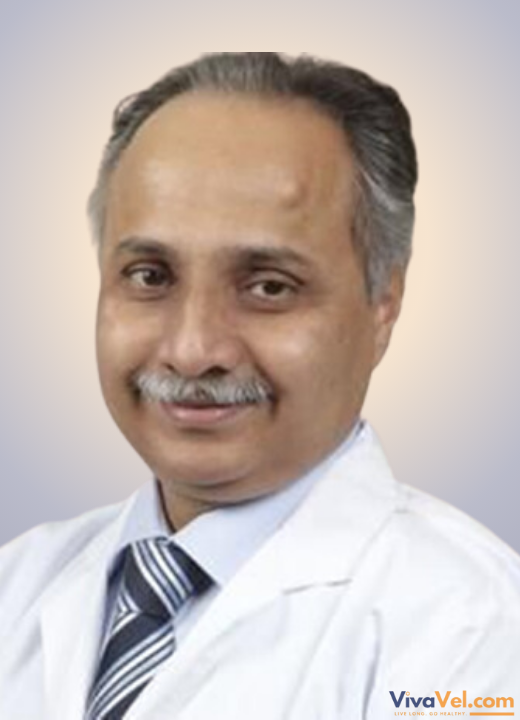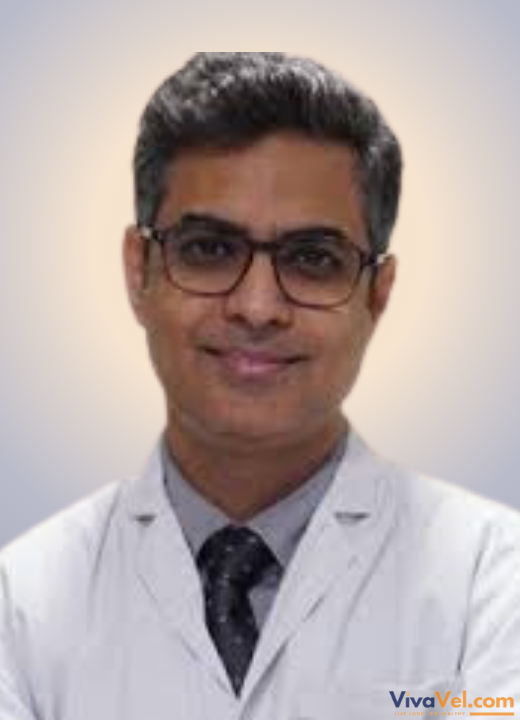info@vivavel.com
+919818262686
+919818262686
 info@vivavel.com
info@vivavel.com +919818262686
+919818262686Oral cancer is a type of cancer that begins in the mouth or throat, affecting areas such as the lips, tongue, gums, and the inside of the cheeks. Common risk factors for oral cancer include smoking, alcohol consumption, and the human papillomavirus (HPV). Symptoms may involve mouth sores, lumps, pain, or difficulty swallowing. Early signs are often mistaken for less serious conditions; therefore, it is essential to consult a doctor if symptoms persist for more than two weeks. Dentists can detect early signs of oral cancer during routine checkups.
Treatment typically involves surgery, radiation, or chemotherapy, depending on the stage of the cancer. Early detection significantly increases the chances of successful treatment. To reduce the risk of developing oral cancer, regular self-examinations, avoiding tobacco and alcohol, and maintaining good oral hygiene are essential. Additionally, visiting your dentist regularly helps monitor for any warning signs.
 Oral cancer symptoms may include:
Oral cancer symptoms may include:
Sores or ulcers in the mouth that don't heal (lasting longer than 2 weeks)
Lumps or thickening in the cheek or gums
White or red patches inside the mouth or on the lips
Pain or difficulty chewing or swallowing
Numbness of the tongue or other parts of the mouth
Unexplained bleeding in the mouth
Persistent sore throat or feeling like something is stuck in the throat
Voice changes or hoarseness
Swelling in the jaw that causes dentures to fit poorly or become uncomfortable

 Oral cancer occurs when the cells in your mouth or throat develop mutations in their DNA, leading to uncontrolled growth. While the exact cause isn't always clear, several known factors can increase the risk:
Oral cancer occurs when the cells in your mouth or throat develop mutations in their DNA, leading to uncontrolled growth. While the exact cause isn't always clear, several known factors can increase the risk:
Tobacco use: Smoking cigarettes, cigars, pipes, or chewing tobacco.
Alcohol consumption: Heavy drinking increases the risk.
HPV (Human Papillomavirus): Certain strains of this sexually transmitted infection are associated with an increased risk of oral cancer.
Sun exposure: Prolonged sun exposure can increase the risk of lip cancer.
Poor oral hygiene: A lack of care for teeth and gums can contribute to the development of oral cancer.
 It's essential to see a doctor or dentist if you experience any of the following for more than two weeks:
It's essential to see a doctor or dentist if you experience any of the following for more than two weeks:
Sores, lumps, or patches in the mouth
Unexplained pain in the mouth or throat
Difficulty swallowing or a persistent sore throat
Any other unusual changes in the mouth area
 Doctors use various tests to diagnose oral cancer:
Doctors use various tests to diagnose oral cancer:
Physical examination: A doctor or dentist will examine your mouth for sores or patches.
Biopsy: A small sample of tissue is taken from a suspicious area and examined for the presence of cancer cells.
Imaging tests:
X-rays: To see if cancer has spread to the jaw.
CT scans or MRIs: Detailed images to check for tumors or cancer spread.
PET scans: To detect cancerous cells in the body.
 Do's:
Do's:
Quit smoking: Avoid any form of tobacco.
Limit alcohol consumption: Keep drinking to moderate levels or stop altogether.
Eat a healthy diet: Include plenty of fruits and vegetables.
Practice good oral hygiene by brushing and flossing regularly.
Protect your lips from the sun: Use lip balm with SPF.
Get vaccinated for HPV: Reduces the risk of HPV-related oral cancers.
Visit the dentist regularly, as they can spot early signs of oral cancer.
 Don'ts:
Don'ts:
Avoid excessive sun exposure, especially on your lips.
Don't ignore mouth sores: Get them checked if they last more than two weeks.
Limit or avoid smoking and alcohol: Both are major risk factors.
Avoid poor-fitting dentures: Ensure they are comfortable and don't cause irritation.
Disclaimer:
Our medical content authors have diligently gathered and synthesized information on this topic to offer valuable insights to our readers. Drawing from a range of reputable medical journals and health resources, this content aims to enhance understanding of the subject. It's essential to remember that while this information is informative, it should not replace personalized consultation or treatment from a qualified healthcare professional. For further details, please refer to our Editorial Policy.
For this topic, our authors used some of the following resources:
Cleveland Clinic | Oral Cancer
Mayoclinic | Mouth cancer
American Cancer Society | Oral Cavity (Mouth) and Oropharyngeal (Throat) Cancer
Harvard School of Dental Medicine | Understanding Oral Cancer: Causes, Symptoms, and Treatments





![]() Pusa Road, Radha Soami Satsang, Rajendra Place New Delhi, 110005 India
Pusa Road, Radha Soami Satsang, Rajendra Place New Delhi, 110005 India



![]() Budena Village, Sector 86, Faridabad, Haryana 121002, India
Budena Village, Sector 86, Faridabad, Haryana 121002, India



![]() Golf Course Rd, Parsvnath Exotica, DLF Phase 5, Sector 53, Gurugram, Haryana Gurgaon, 122022 India
Golf Course Rd, Parsvnath Exotica, DLF Phase 5, Sector 53, Gurugram, Haryana Gurgaon, 122022 India



![]() C-1, Sushant Lok- 1, Sector-43, Phase- I, Gurugram, Haryana, 122002
C-1, Sushant Lok- 1, Sector-43, Phase- I, Gurugram, Haryana, 122002


Dr. Pooja Agarwal stands out as one of the oncologists in Kolkata, specializing in breast cancer surgery. With over 10 years of experience, she has earned a reputatio...

Dr. Harsh Vardhan Atreya is a prominent Consultant Medical & Hemato-Oncologist specializing in Bone Marrow Transplantation. With training from esteemed institutio...

Dr. Imran Khan has joined Fortis Escorts in Okhla Road, New Delhi, as an Associate Consultant in Medical Oncology. He brings over 12 years of experience in oncology. ...

Dr. Harit K Chaturvedi heads the Max Institute of Cancer Care. He has been with Max Healthcare since 2009 and has worked hard to create one of the best cancer treatme...

Dr. Asit Arora is a highly regarded Surgical Gastroenterologist specializing in Gastrointestinal and Hepat-pancreato-biliary (HPB) surgery. He is based in the Delhi N...

Dr. Nikhil Agrawal is a distinguished Gastrointestinal (GI) and Hepato-Pancreato-Biliary (HPB) Surgical Oncologist, serving as the Director of GI-HPB Surgery and Oncology at ...
Treatment Plan & Cost within 2 days
